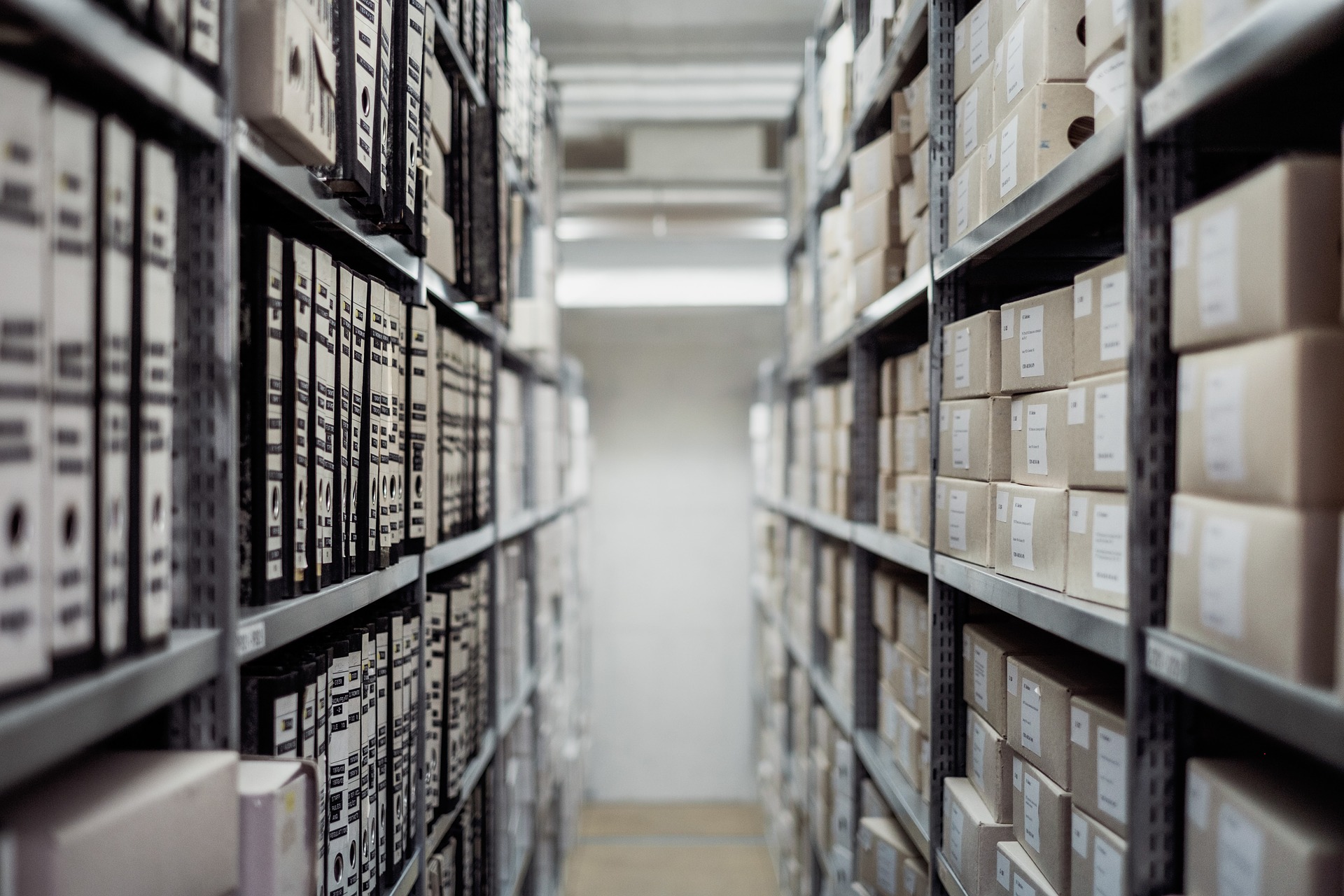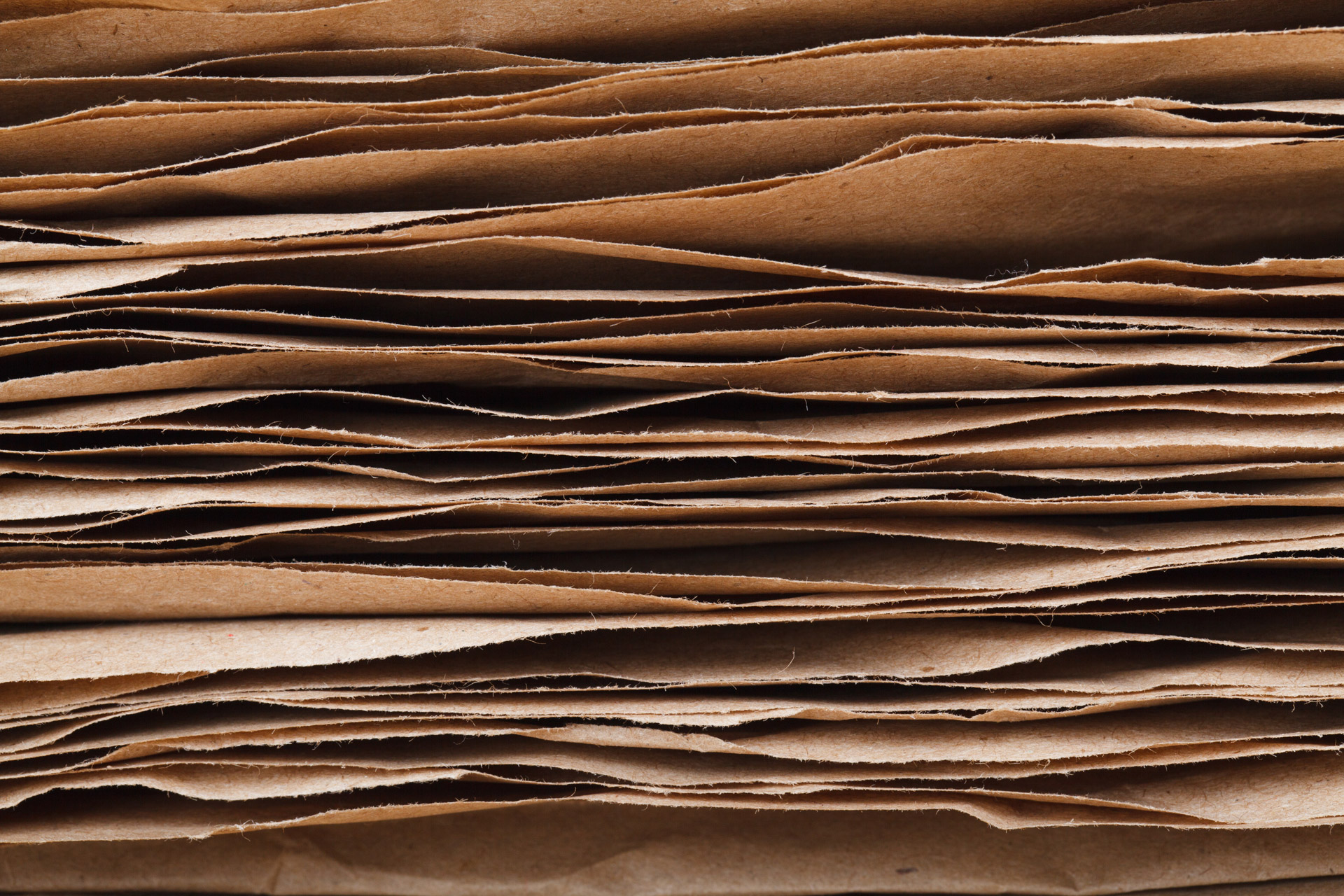By Nico Mara-McKay

As an undergraduate student, most of the research I do is conducted with the university library system, where I can search for and look through books and articles. However, as a history student, often these reference specific records found in archives -- primary sources that I would love to be able to review and reference in future work. With these I have the specific reference number for a specific archive that someone else has already sourced, but what if I wanted to look for something that hasn't yet been found? What if my research began as more exploratory, wanting to see what exists?
To a certain extent, this is what I'm doing with the digital exhibition I am researching and putting together as a part of my internship at the Canadian Lesbian and Gay Archives (CLGA). I'm looking for any information they have on nonbinary identities in Canada, information that hasn't always been tagged this way in the metadata. I need to know what sources to pull information from, and how. As I'm interning at the archive, I can investigate and pull this material myself, but most researchers rely on archivists to aid them in their research endeavours.
While I've been working at the CLGA, I've gotten to know the archivist, Lucie Handley-Girard, and heard some of the frustrations that can arise when researchers don't have clearly defined goals. Lucie Handley-Girard obtained her Masters of Information in Archives and Record Management from the University of Toronto last year, and has been working at the CLGA in various capacities since 2016, and hired there earlier this year.
When you're on the other side of the desk or inbox, you may not know what goes into completing an information request. To provide a bit more background for researchers, I asked Lucie what it is that an archivist does, and what she wishes researchers understood about her job.

1. Know what an archive is.
"There is a lack of understanding around what an archive is," says Lucie. "A lot of people want me to do their research for them."
Libraries typically host published material where there is usually more than one copy in existence. The materials are often acquired through publishers, and they can usually circulate without restriction.
Archives, in contrast, store primary source material surrounding a defined topic, depending on individual archive's acquisition politics. The materials are typically acquired directly from their creator(s), and access to them may be restricted.
For more on the differences between the two, see this "Guide to Archival Research" from Dalhousie University.
2. Know what an archivist does.
Lucie notes that each archive is different, but in "broad strokes, an archivist deals with records, whether a person's or organization's records. They arrange and describe the records and preserve them in order to make them accessible for researchers."
Researchers email or call in requests for information, and Lucie responds as best she can, but as a community archive, there's only one of her, whereas in a larger archive there may be several people responding to queries.
If you're new to archival research, let your archivist know, and they can help direct you to tools to help make your work -- and theirs -- easier.
"If you're going to write me an email," Lucie says, "Be very forthright about whether or not you know how an archive works. Otherwise I'm just going to assume that you do, and that you've used one before."

3. Have an idea of what's in the archive before approach the archivist.
Know what format(s) you're looking for. "If the work you're doing is on visual culture, that might be AV material, but it also might be posters, but it also might be the art collection," says Lucie. She understands that there are restrictions on the researcher's resources and availability, and there might only be time to explore one of these. If the researcher expresses a preference, she can then recommend the best material for the project.
If you ask the Canadian Lesbian and Gay Archives for information on aerospace engineering, for example, you'd likely be better served by inquiring what the Ingenium’s Library and Archives has available that's related to your project.
Ontario's Archival Information Network has a service called Archeion where researchers can find material from across Ontario, and some of the CLGA's material is included. You can find more archival resources on Canadian Archival Resources on the Internet.
4. Know what you're looking for, and be specific.
Ideally, the researcher will have prepared a specific research question, or be looking for specific information. When this happens, the archivist is in a better position to guide the researcher in the direction of the information they are seeking.
For example, Lucie recently received a request from a master's student looking for information on how the leather community developed from the 1950s to the 1970s. Though there's a date range specified, which is helpful, it lacks a region or specific understanding of the community in which it might be located.
I asked her what a better researched request might look like, and she noted that "there are academics that write about the leather community, people that have come before you and written about things in Toronto or whenever in Canada." Armed with this information, the researcher could ask about specific people, businesses, and/or events within the community.
Lucie says, "An ideal reference request in that case would be, 'I'm researching the leather community in Canada from the '50s to the '70s. I'm interested in this person, this organization, particularly this event, or this instance of controversy. Do you have any records regarding that?"
5. Know that you're going to be unsatisfied.
Not through any fault of the archivist, but because the work is never really done.
Archives are ongoing projects, with new material arriving constantly, and depending on the size of the teams available to work on it, not everything will be arranged and described. Lucie says, "Every archive will say they have a 10 year backlog, but we have like a 30 year backlog.
